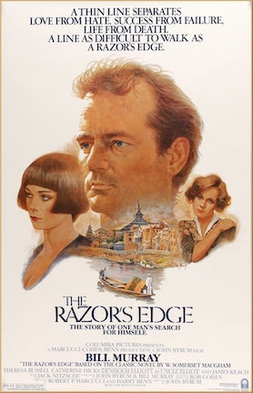A few days ago I wrote about the state of limbo we are in, dealing with the coronavirus. I said,
My thoughts: If everything goes well, it could be September before we get close to vaccinating enough of the population to truly ease up on our personal restrictions. More likely, we are looking at January 2022. That’s another year away. I think things will get much better, but the path will be slower than everyone wants.
However I made an assumption that I’m starting to question. More and more I’m realizing that there are going to be too many ‘free riders‘, too many people not taking the vaccine. Too many people believing that the vaccine will cause more issues than the virus. Too many that think the virus isn’t serous enough in their age bracket. Too many people that misunderstand what a vaccine is and what it does.
Without enough of a herd immunity, the virus will continue to spread in a way that means our lifestyle pre-pandemic are not likely to return for years. Virus mutations can and will spread, and each mutation has the potential to spread more easily and/or mutate enough to make vaccines less effective.
It’s like we are all in the same lifeboat and it has tiny little holes in it. Vaccinated people plug the holes, non-vaccinated people don’t think the holes are a serious enough problem. These free riders aren’t doing their job plugging the holes in the boat. And because of that, the boat keeps getting wetter.
I’m shocked every time I hear someone say that they won’t get vaccinated. I know there are ‘anti-Vaxers’ who link vaccines to false claims and negative propaganda, but I can’t say I’ve met or know too many people I’d put in this category. What I am seeing is vaccine hesitant people who think that vaccines for Covid-19 are unreliable, or not significantly tested, or even dangerous. It is this group that scares me. The crackpot anti-vaxer community is a fringe group, too large for my liking but not larger enough to endanger heard immunity from happening… however the vaccine hesitant group is way bigger than I thought, and this group will undermine the ability to reach herd immunity; to keep our lifeboat dry enough not to be concerned.
Only a few days ago I was feeling like I was being pessimistic saying the earliest rerun to ‘normal’ was January 2022, but now I’m thinking that’s terribly optimistic. We could be stuck in this leaky lifeboat for a very long time.











